The NHS is under significant pressure during a five-day strike by resident doctors (previously known as junior doctors) in England. Health Secretary Wes Streeting acknowledged the challenge of maintaining services, although he assured that disruption is being kept to a minimum.
Thousands of doctors began their walkout after the British Medical Association (BMA) and the government failed to reach a pay agreement. NHS England urged patients to attend appointments unless explicitly cancelled and emphasized that GP surgeries, A&E, and NHS 111 would remain operational.
Though some hospitals report that over 80% of non-urgent work continues, staff shortages are being felt, with senior doctors stepping in to cover for striking resident doctors. The BMA has granted special permissions (known as derogations) for a few doctors to return to work in critical departments.
Examples include staff returning to neonatal intensive care in Nottingham and anesthetists returning to Lewisham Hospital. Previously, only five such derogations were allowed across 11 earlier strikes.
Leaders Clash Over Doctor Strike as Medics Defend Pay Fight and Purpose
Prime Minister Sir Keir Starmer and Health Secretary Wes Streeting criticized the strike, warning of its national impact. Starmer, writing in The Times, urged doctors not to follow the BMA’s “damaging” path, while Streeting accused the BMA of trying to “hold the country to ransom.”
Opposition voices like the Liberal Democrats called for a strike resilience plan, while Conservative figures accused Labour of enabling repeat walkouts by yielding to union pressure in the past.
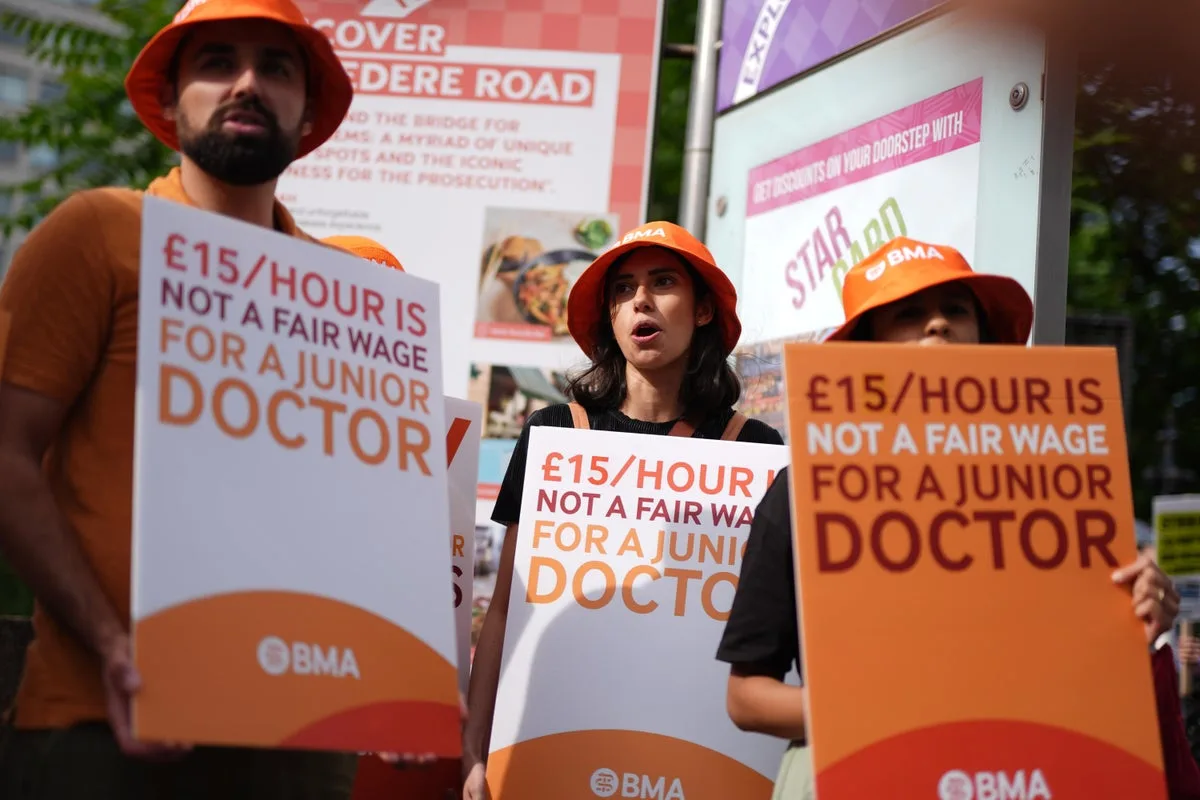
Doctors on picket lines defended their actions, saying they strike to protect the profession and patients in the long term. Many described it as a painful but necessary step. Some, like Cristina Costache from Leeds, spoke of emotional distress caused by the strike but stood by the decision.
Resident doctor leaders argue that real-terms pay has fallen significantly since 2008, and that restoring salaries is crucial to ensuring sustainable working conditions and morale.
Patient Safety Concerns Grow Amid Strike, as Pay Dispute Remains Unresolved and Stalled
Patients have already been affected, with some procedures and surgeries cancelled, including critical cases such as a young girl’s lung operation. The BMA warned that staff working through the strike risk being dangerously overstretched, and argued for a more substantial reduction in non-urgent care to maintain safety.
NHS Providers said hospitals are balancing care within safety protocols, but the unpredictability of doctor attendance complicates planning efforts.
Despite past negotiations focusing on non-pay issues like working conditions and career progression, pay remains the central sticking point. The government has refused to reopen pay talks, insisting the current offer—a 5.4% rise this year following two years of increases—suffices.
Resident doctors counter that their real earnings have dropped by nearly 20% since 2008 due to inflation. With no new talks scheduled, the deadlock persists, leaving the future of further strike actions uncertain.

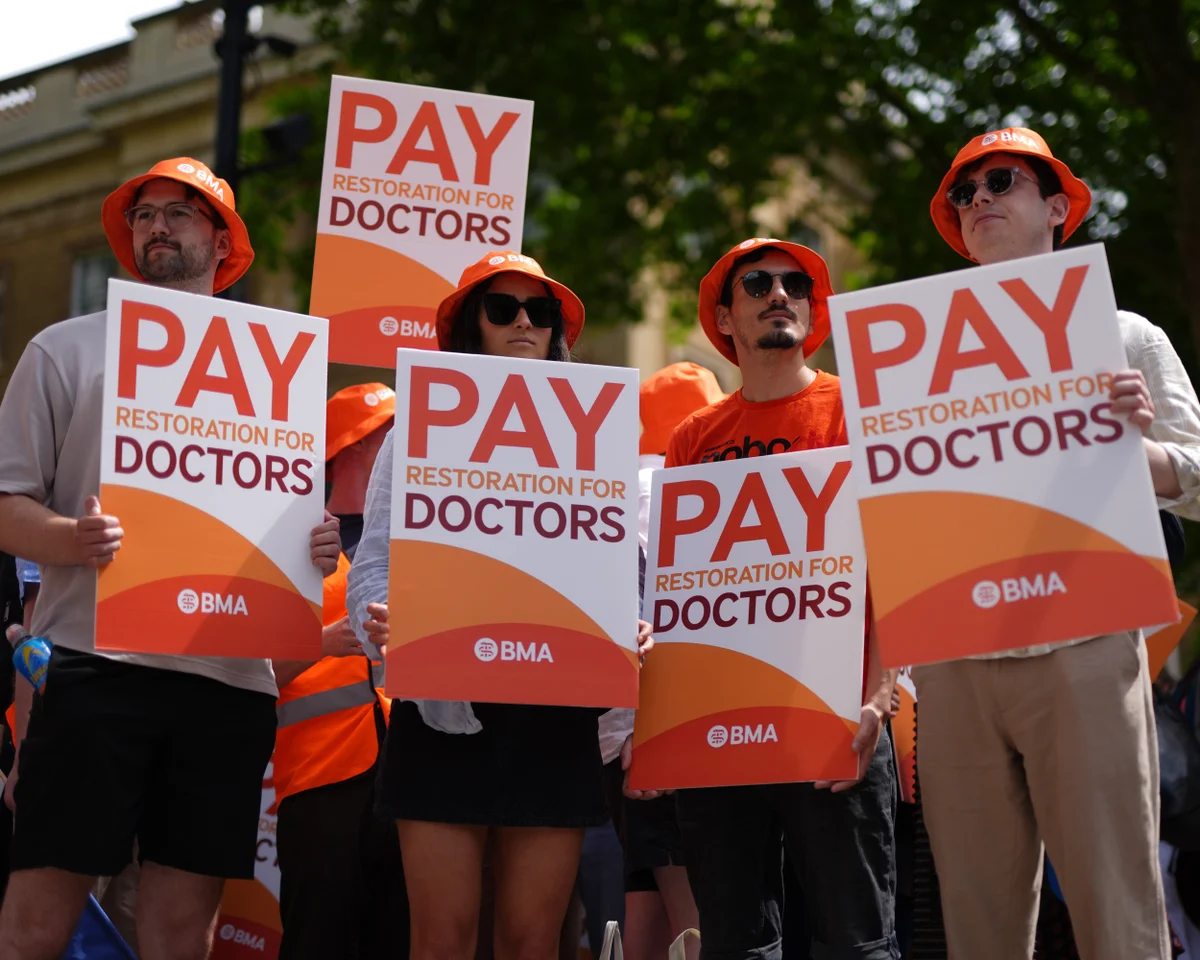
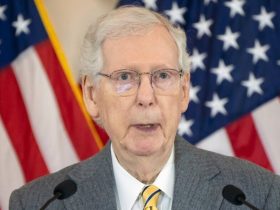






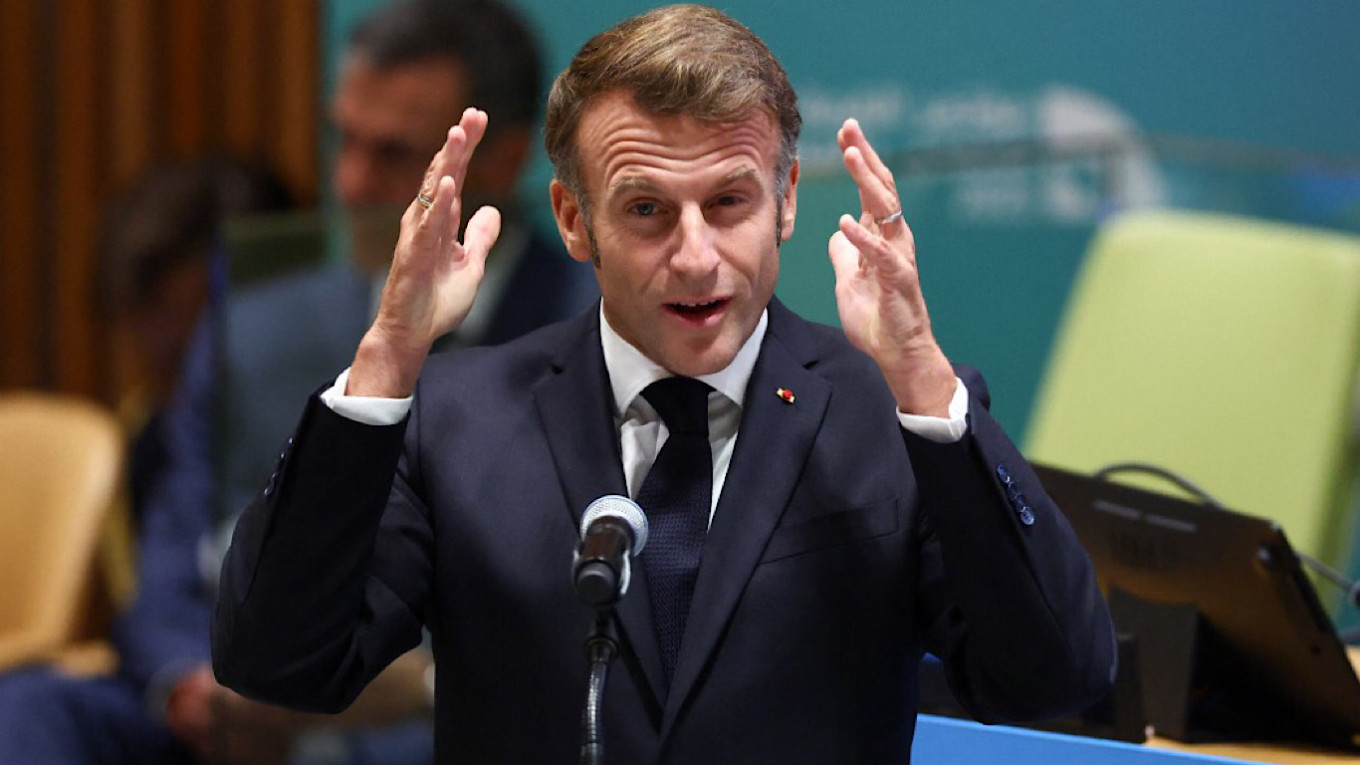
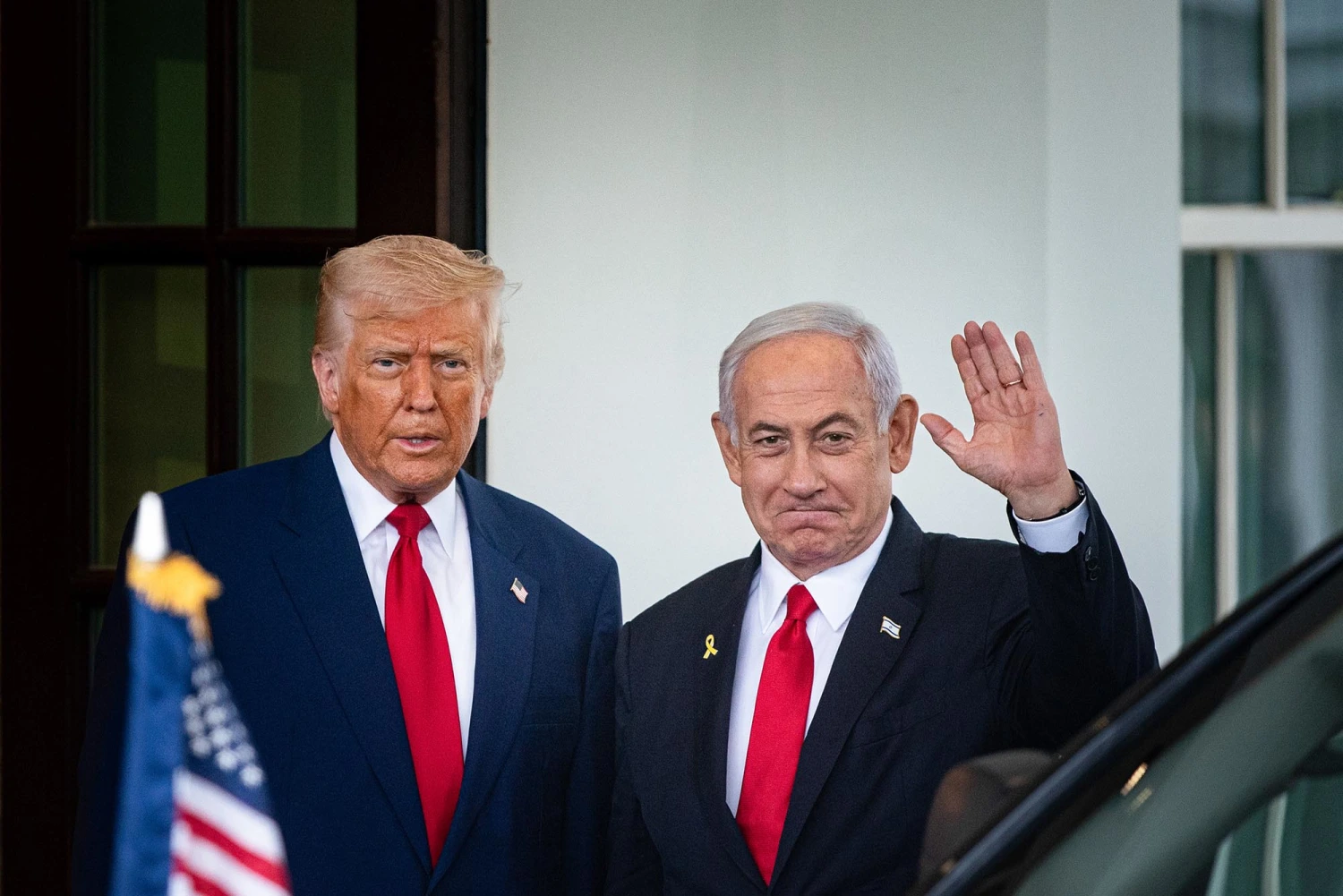
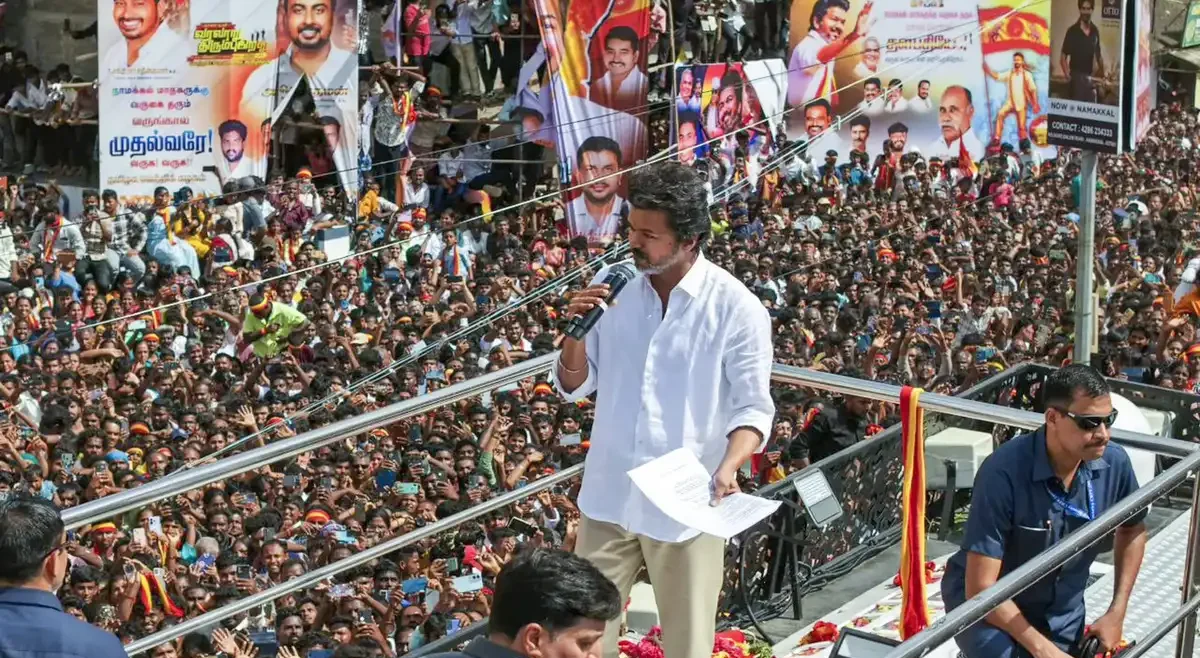
Leave a Reply